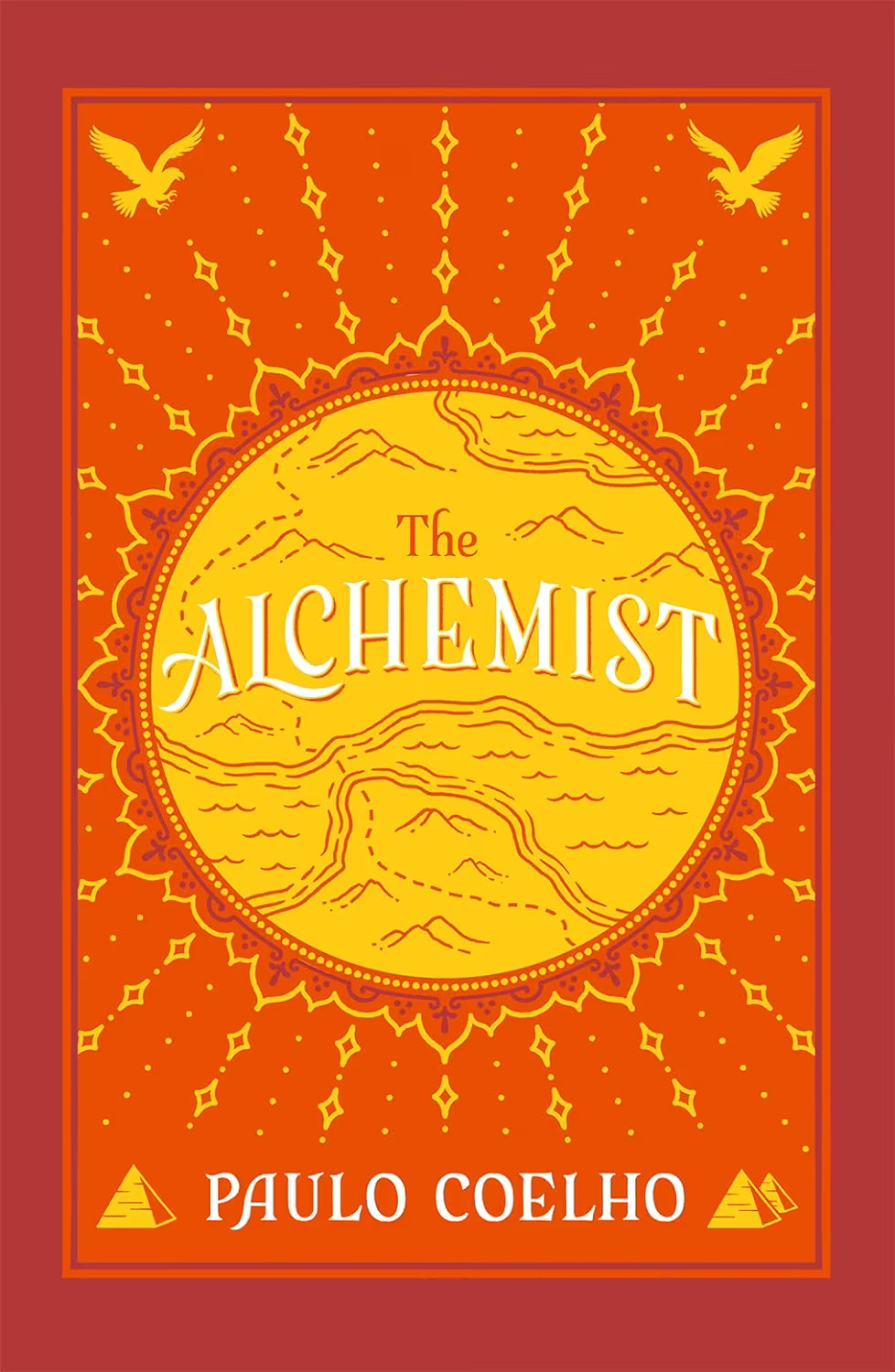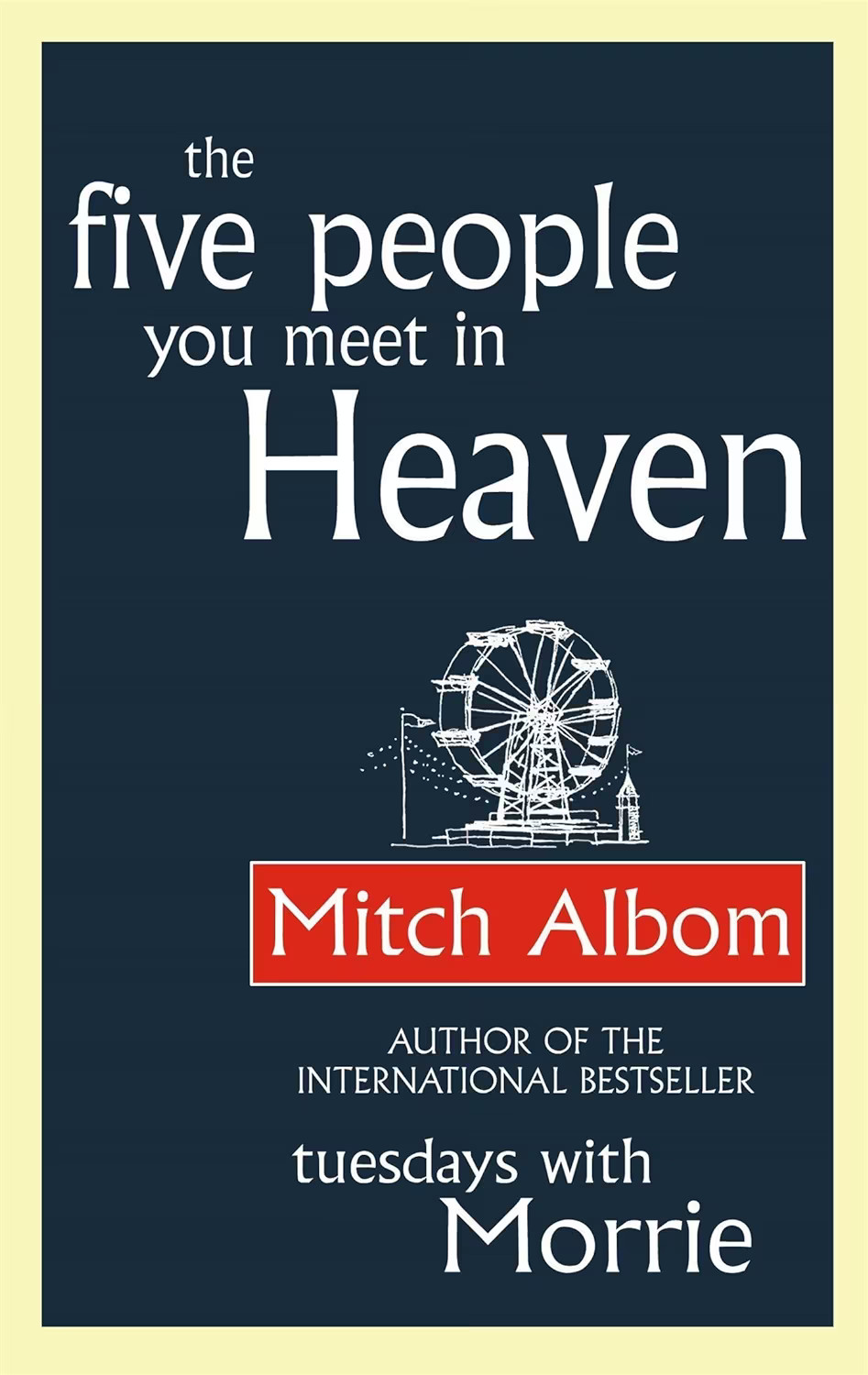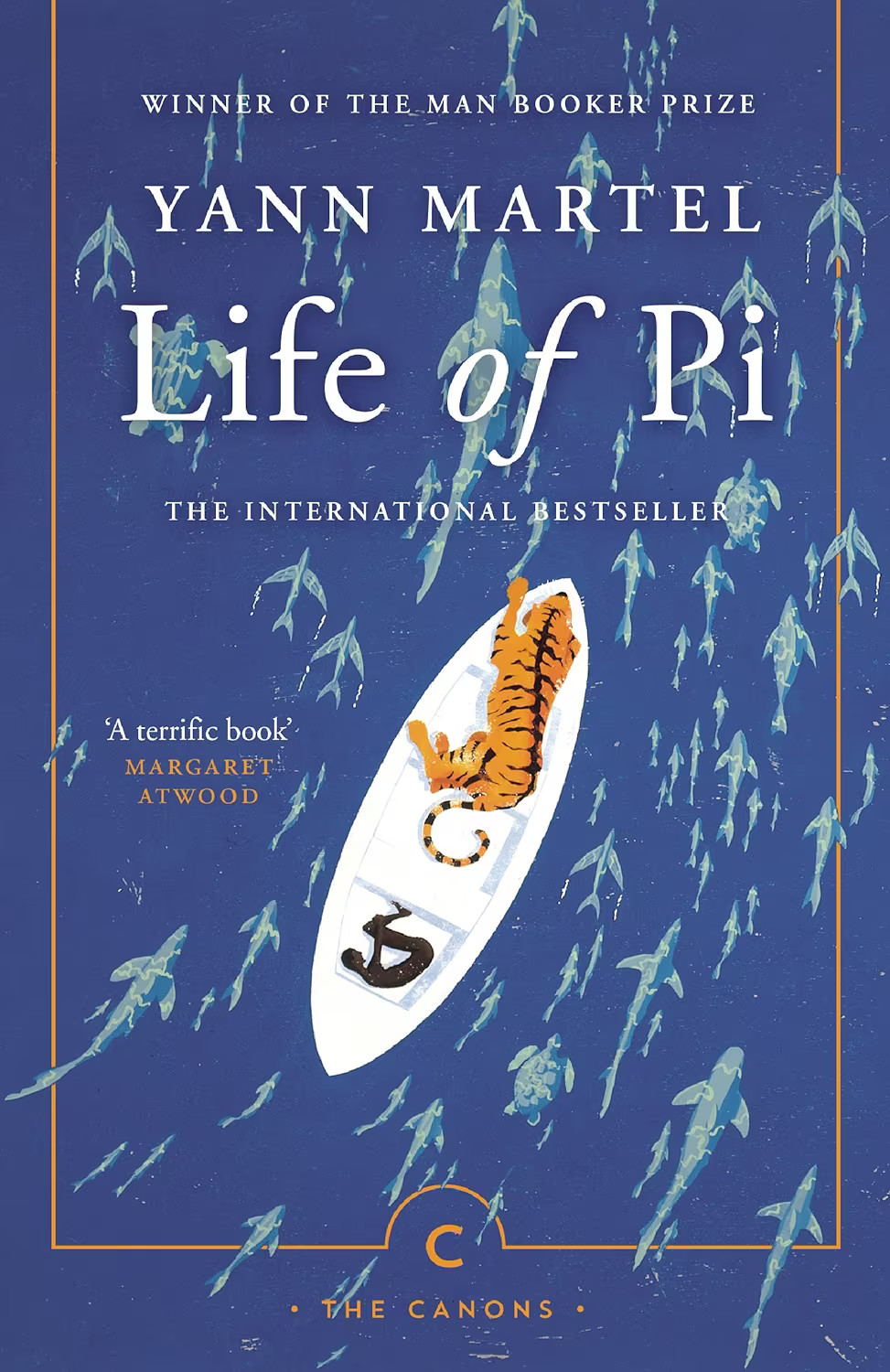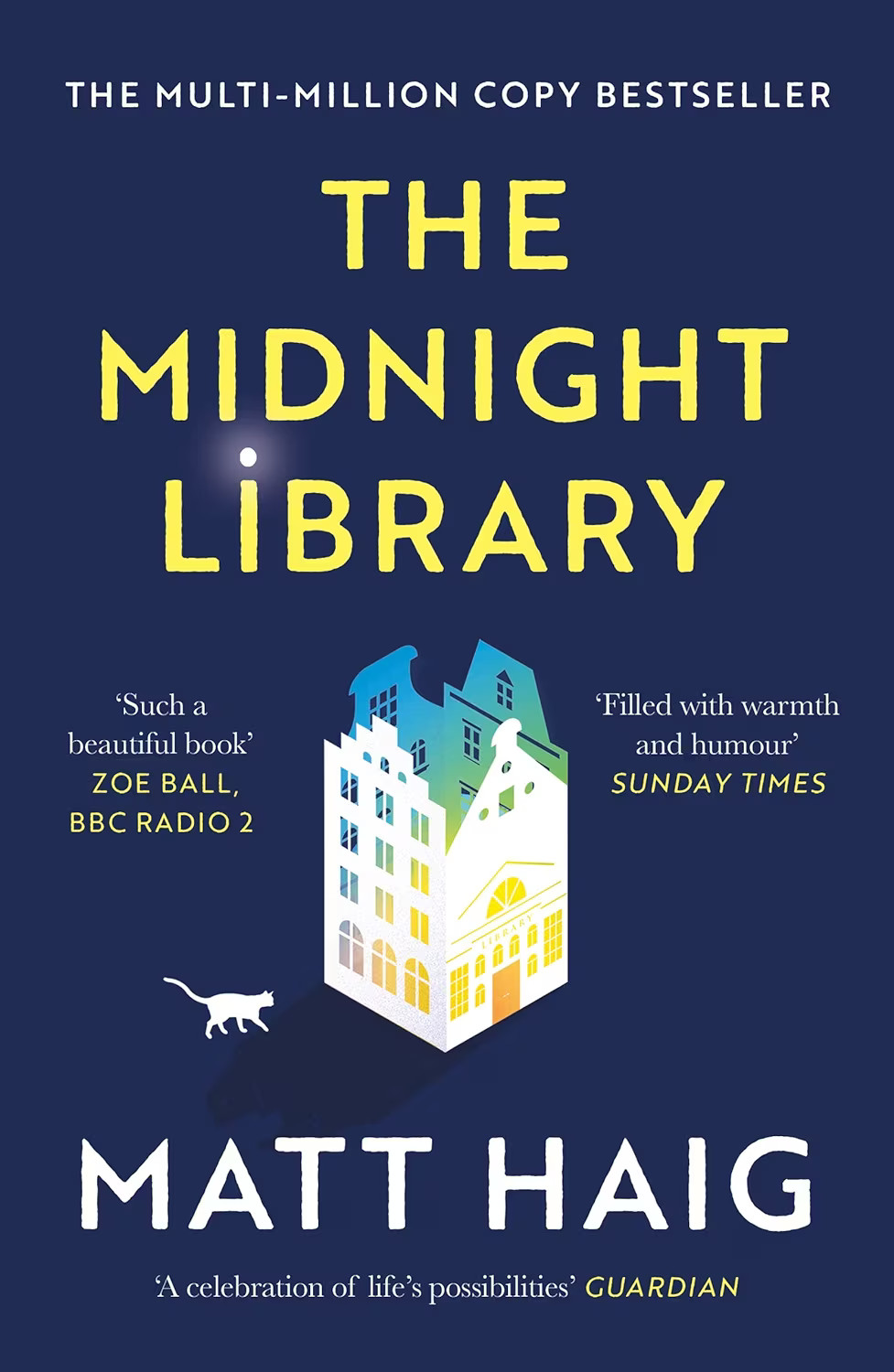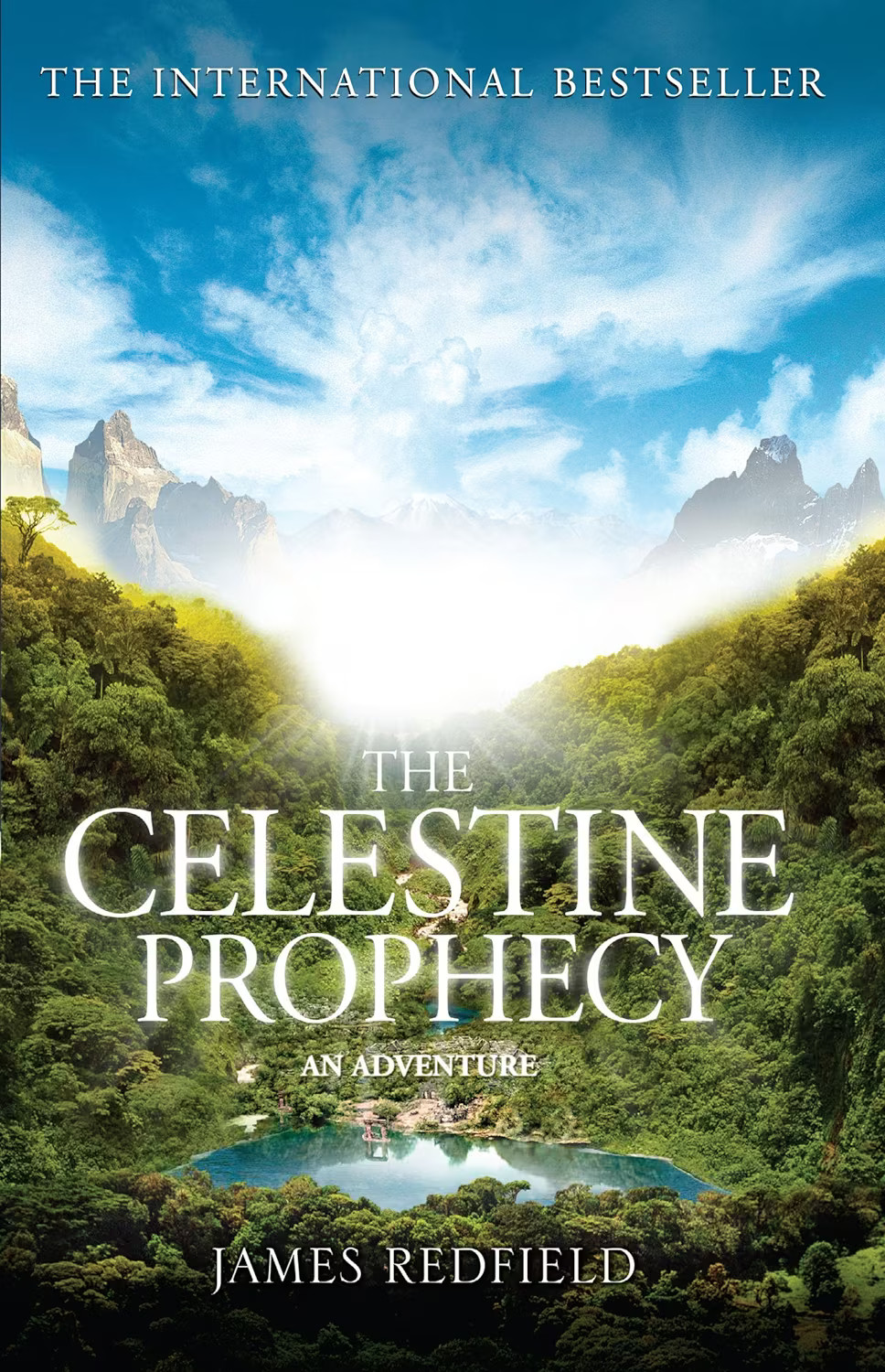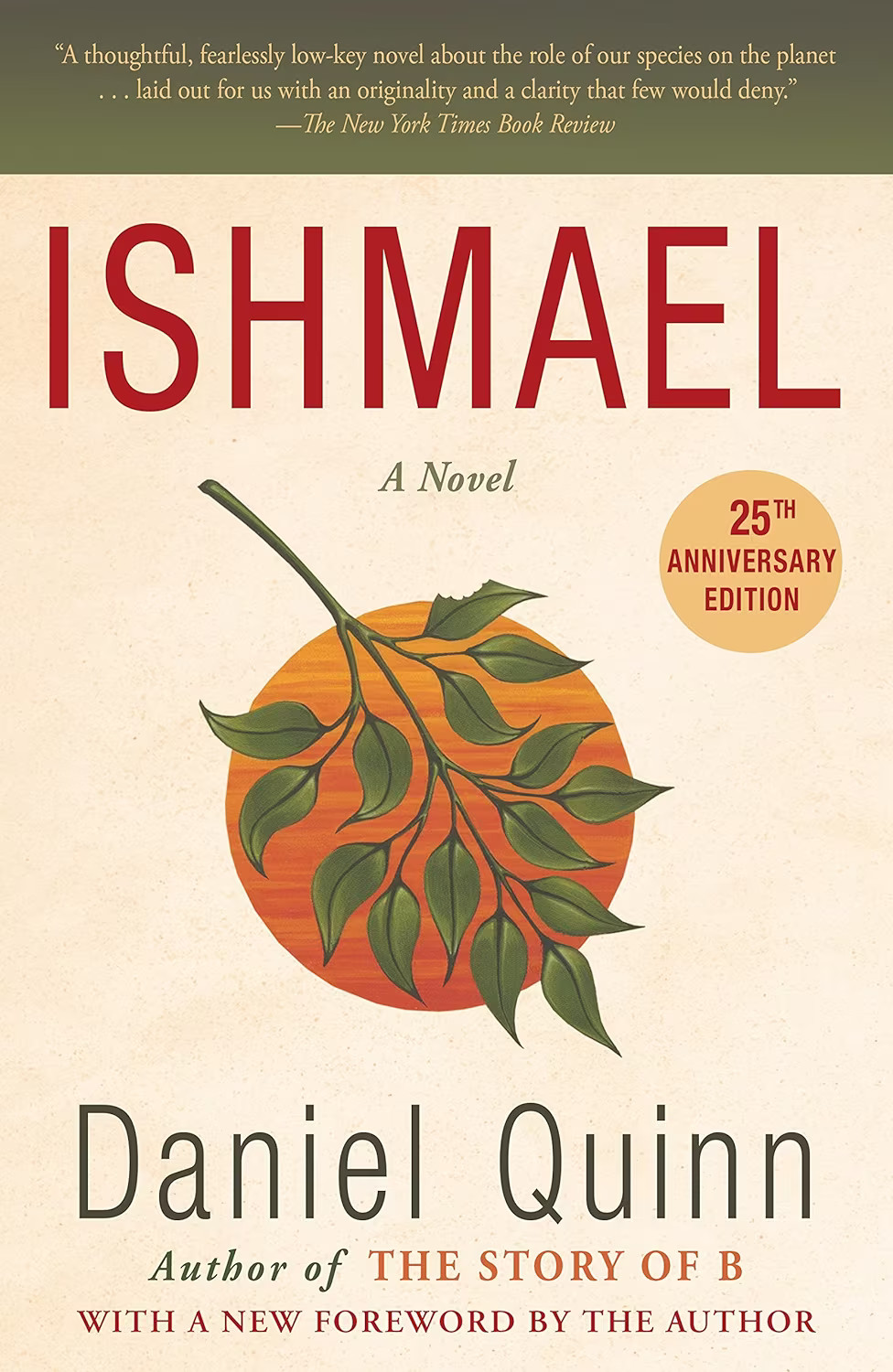Enter the magical world of novels that do more than just entertain us. They whisper truths, nudge us towards self-reflection, and sometimes, just sometimes, they transform us in ways we never expected.
You know, there’s this special kind of magic in fiction that self-help books, as insightful as they can be, rarely touch. It’s the magic of living a thousand lives, of walking in someone else’s shoes and coming back… well, different. More aware, perhaps, or just more open to the endless possibilities of what it means to truly live and grow.
So, I’ve put together this little list of 7 novels that I believe every book club with a penchant for diving deep into the heart and soul should consider. These aren’t just stories; they’re journeys – each offering a unique path to pondering life’s big questions and our place in the grand tapestry of existence.
And because I know how precious those book club gatherings are – those nights filled with lively debates, hearty laughs, and sometimes, the kind of silence that says everything – I’ve thrown in some conversation starters for each book. Questions that I hope will spark not just interesting discussions, but maybe even a little bit of that life-changing magic.
So, pick out your next book club read from this list, and let’s set off on an adventure that promises to be about so much more than just turning pages. Let’s explore, question, and maybe even find a bit of ourselves along the way.
The Alchemist by Paulo Coelho
The Alchemist is a mesmerizing tale that combines magic, mysticism, and wisdom. It’s the story of Santiago, an Andalusian shepherd boy who dreams of discovering a worldly treasure located somewhere in the Egyptian pyramids. Guided by a series of symbols and omens, Santiago embarks on a quest that takes him far beyond his initial destination, leading to encounters with alchemists, kings, and warriors along the way. More than a mere adventure, this novel is a reflective journey into the heart of human desire, the importance of following one’s dreams, and the discovery that the treasures we seek often lie much closer to home than we imagine. Coelho’s prose is simple yet profound, and his story is an allegory that celebrates the personal legend that resides within each of us. The Alchemist is not just a book but an experience – one that urges its readers to listen to their hearts, recognize their unique paths in life, and pursue their dreams with unwavering determination.
Book Club Discussion Questions:
- How does Santiago’s journey reflect the process of discovering one’s “Personal Legend”? How does this concept resonate with your own life experiences?
- In what ways do Santiago’s dreams and the obstacles he faces shape his character and spiritual growth?
- The Alchemist speaks about learning to read the signs of life. Discuss an instance in the book where Santiago reads such signs and how you might apply this to your own life.
- How do the themes of fate vs. free will present themselves in Santiago’s journey? How does this relate to personal and spiritual development?
- Discuss the impact of the recurring theme of love in Santiago’s journey. How does love influence his path and spiritual growth?
- The book suggests that fear is a bigger obstacle than the obstacle itself. Discuss how this idea is presented and its implications for personal development.
- How does the character of the Alchemist serve as a guide for Santiago, and what can we learn from their interactions for our spiritual journey?
- In what ways does the physical journey mirror the internal spiritual journey for Santiago? Can you identify similar parallels in your own life?
- The novel emphasizes the importance of listening to one’s heart. Discuss a situation in the book where Santiago does this and the outcome. How does this apply to personal development?
- Reflect on the ending of the book. What does Santiago’s discovery teach us about the nature of personal quests and spiritual fulfilment?
Siddhartha by Hermann Hesse
Siddhartha is a timeless spiritual novel that takes you on a serene journey alongside its protagonist, Siddhartha, a young man who leaves his home in search of spiritual enlightenment. Set in ancient India, the story elegantly unfolds Siddhartha’s experiences as he encounters various philosophies and walks of life, from the asceticism of wandering ascetics to the material wealth of a merchant and the sensual pleasures of love. This beautifully written narrative is more than a mere story; it’s an exploration of the human condition, the thirst for knowledge, and the quest for peace and understanding. Hesse’s masterpiece is a gentle reminder of the interconnectedness of all things and the fluidity of life and spiritual paths. It challenges readers to reflect on their own journeys and the nature of true wisdom and happiness. Siddhartha is a book for the soul, offering a profound and moving experience that resonates with anyone seeking deeper meaning in life.
Book Club Discussion Questions:
- Siddhartha’s journey is marked by a series of departures and new beginnings. Discuss how these transitions contribute to his spiritual growth.
- How does Siddhartha’s relationship with the river symbolize his spiritual development? What does the river teach him?
- Siddhartha experiences both asceticism and material excess in his quest for enlightenment. How do these contrasting experiences contribute to his understanding of spirituality?
- Discuss the role of love in Siddhartha’s life, particularly in his relationship with his son. How does this relationship impact his spiritual journey?
- Kamala and Vasudeva serve as significant guides for Siddhartha. Discuss their influence and what Siddhartha learns from each of them.
- Reflect on Siddhartha’s realization that enlightenment cannot be taught but only experienced. How does this idea challenge or affirm your understanding of spiritual growth?
- How does Siddhartha’s view of time change throughout the book, and how does this change reflect his spiritual development?
- Discuss the theme of seeking vs. finding in the novel. How does Siddhartha’s understanding of this concept evolve?
- Siddhartha comes to understand that all of life is connected and interdependent. Discuss an example from the book that illustrates this realization and its significance for personal development.
- Reflect on Siddhartha’s final conversation with Govinda. What does Siddhartha’s smile represent, and what can it teach us about spiritual fulfilment?
The Five People You Meet in Heaven by Mitch Albom
Mitch Albom’s The Five People You Meet in Heaven is a poignant and thought-provoking novel that explores the afterlife’s mysteries through the eyes of Eddie, an amusement park maintenance man who dies unexpectedly. In heaven, Eddie encounters five individuals who significantly impacted his earthly life, some of whom he knew well and others he did not know at all. Through these encounters, the story delicately weaves together threads of Eddie’s past, revealing how interconnected our lives are and how even the smallest actions can profoundly affect others. Albom’s narrative is both a heart-warming and heart-wrenching journey that invites readers to reflect on their own lives, the people they have encountered, and the legacies they leave behind. With its universal themes of redemption, forgiveness, and the value of human life, this novel offers a fresh perspective on what it means to live and die, making it a compelling read for anyone interested in the impact of personal connections and the mysteries of life beyond.
Book Club Discussion Questions:
- Discuss how each of the five people Eddie meets in heaven contributes to his understanding of his life on Earth. How does this reflect on the concept of interconnectedness?
- Eddie’s journey in heaven reveals the significance of seemingly inconsequential moments in life. Discuss an example and its implications for understanding the value of every action.
- The novel explores the theme of forgiveness, both giving and receiving. Discuss how this theme is presented and its importance in personal and spiritual growth.
- Reflect on the lesson Eddie learns about the purpose of life. How does this lesson challenge or affirm your own beliefs about life’s meaning?
- Discuss the impact of holding onto anger and unresolved issues, as seen through Eddie’s relationships in life and their resolution in heaven.
- How does the novel’s portrayal of heaven challenge or align with your own conceptions of the afterlife and the idea of life review?
- The Blue Man tells Eddie, “There are no random acts…We are all connected.” Discuss how this idea is illustrated throughout the book and its significance for personal development.
- Explore the theme of sacrifice in the novel, particularly through Eddie’s wartime experiences and his final act to save the little girl. What does this suggest about the nature of heroism and selflessness?
- The novel suggests that everyone has a purpose, often unseen during their lifetime. Discuss how this theme unfolds through Eddie’s story and its implications for understanding one’s own life.
- Reflect on how the novel addresses the question of why bad things happen to good people through Eddie’s experiences and the people he meets in heaven.
Life of Pi by Yann Martel
Life of Pi is an extraordinary novel of survival, spirituality, and adventure that stands out for its depth and imaginative storytelling. Yann Martel crafts the tale of Pi Patel, a young Indian boy who survives a shipwreck only to find himself in a lifeboat with a Bengal tiger named Richard Parker. What unfolds is not just a survival story against incredible odds but also a profound exploration of faith, belief, and the power of storytelling. Martel masterfully blends elements of philosophy, religion, and morality, raising questions about the nature of reality and the stories we tell ourselves to make sense of the world. The novel’s rich narrative and vivid imagery captivate the reader, transporting them to the vastness of the Pacific Ocean and the depths of the human spirit. Life of Pi is an unforgettable journey that challenges the boundaries of fiction and non-fiction, urging readers to ponder the essence of truth and the resilience of the human soul.
Book Club Discussion Questions:
- Pi’s survival story is both a physical and spiritual journey. Discuss how his faiths—Hinduism, Christianity, and Islam—guide and sustain him throughout his ordeal.
- The relationship between Pi and Richard Parker is complex and evolving. Discuss how this relationship mirrors Pi’s internal struggle and spiritual growth.
- Pi uses storytelling as a means of survival and coping. Discuss the role of storytelling in the novel and its implications for understanding reality and truth.
- Reflect on the significance of the floating island in Pi’s journey. What does it symbolize in terms of temptation and the search for meaning?
- The novel ends with two contrasting stories of Pi’s survival. Discuss how the interpretation of these stories relates to faith and belief in the unseen.
- Explore the theme of resilience in the novel, particularly how Pi’s physical and spiritual resilience contribute to his survival and personal development.
- Discuss Pi’s understanding of coexistence and interdependence, as illustrated by his life on the lifeboat with Richard Parker and other animals.
- How does the novel challenge the reader’s understanding of reality and perception, especially through the lens of Pi’s experiences and storytelling?
- Reflect on the theme of the human-animal connection as presented in the novel, particularly how Pi’s relationship with animals influences his spiritual journey.
- Explore the significance of the ocean setting in Pi’s spiritual journey. How does the vast, unpredictable nature of the ocean reflect Pi’s internal struggles and growth?
The Midnight Library by Matt Haig
In The Midnight Library, Matt Haig offers a captivating and uplifting story that delves into the infinite possibilities of life. Nora Seed finds herself in a magical library at the stroke of midnight, where each book represents a different life she could have lived. As Nora explores these alternate realities, she confronts her regrets and the choices that have shaped her existence. Haig’s novel is a beautiful blend of fantasy and reality, examining the age-old question of “what if?” The Midnight Library stands as a testament to the power of change, the significance of choice, and the potential for transformation within us all. It’s a heartwarming and inspiring read that encourages reflection on the paths we take, the importance of valuing our current lives, and the understanding that it’s never too late to make a change. This novel resonates with anyone who has ever wondered about the roads not taken and provides a hopeful perspective on the possibility of redemption and self-discovery.
Book Club Discussion Questions:
- Discuss how Nora’s experiences in the Midnight Library change her understanding of regret and the choices she’s made in life. How does this relate to the concept of personal development?
- Reflect on the idea that every life has infinite possibilities. How does the novel explore this concept through Nora’s journeys, and what does it suggest about the nature of regret and satisfaction?
- The Midnight Library presents various versions of Nora’s life. Discuss how one of these lives particularly impacted Nora’s perspective on her own life and the choices she’s made.
- How does the novel address the impact of mental health on personal and spiritual development, particularly through Nora’s character and her journey in the Midnight Library?
- Explore the theme of interconnectedness in the novel, particularly how Nora’s actions in different lives affect others. What does this suggest about the significance of individual choices?
- Discuss the role of Mrs. Elm and the Midnight Library in Nora’s journey toward self-discovery. How does this setting serve as a metaphor for introspection and the exploration of alternate paths?
- Reflect on Nora’s realization of what truly matters in life. How does her journey in the Midnight Library lead her to this understanding, and how does it resonate with your own experiences?
- The novel explores the idea of “the best way to live.” Discuss how Nora’s experiences challenge or affirm this concept and what it means for personal fulfillment and happiness.
- How does the novel address the theme of sacrifice and its role in personal and spiritual growth, particularly through Nora’s exploration of different lives?
- Explore the significance of the book’s ending and Nora’s final choice. What does this decision say about the acceptance of one’s life and the journey toward self-acceptance and peace?
The Celestine Prophecy by James Redfield
The Celestine Prophecy is an enthralling adventure that blends spiritual wisdom with a gripping narrative. Set in the lush rainforests of Peru, the story follows the protagonist’s journey to understand a series of ancient manuscripts, known as the Celestine Prophecy, which contain insights into achieving a fulfilling and spiritually enlightened life. James Redfield’s novel is a compelling mix of mystery, adventure, and spiritual exploration, inviting readers to consider their perceptions of energy, intuition, and the synchronicities that guide our lives. The insights offered in the book resonate with those seeking deeper meaning and a greater connection with the universe. The Celestine Prophecy encourages readers to look beyond the material world and explore the spiritual dimensions that influence our existence, making it a captivating read for anyone interested in personal and spiritual growth.
Book Club Discussion Questions:
- The novel presents a series of spiritual insights. Discuss one of these insights that particularly resonated with you and how it applies to personal development and spiritual awakening.
- Explore the concept of synchronicity as presented in the book. Discuss an example from the novel and how it might apply to recognizing and following signs in your own life.
- The novel suggests that personal energy and its management are key to spiritual growth. Discuss how this idea is portrayed and its implications for personal relationships and development.
- Reflect on the protagonist’s journey of self-discovery throughout the novel. How does his understanding of the insights change his perspective on life and spirituality?
- The theme of a global shift in consciousness is central to the novel. Discuss how this theme is developed and its relevance to contemporary society and personal spiritual journeys.
- Explore the role of nature and the environment in the novel, particularly how they contribute to the characters’ spiritual experiences and growth.
- Discuss the concept of the “control dramas” as outlined in the book. How do these interpersonal dynamics affect personal and spiritual development?
- The novel portrays a journey not just of the protagonist but also of those he meets along the way. Discuss how the personal growth of one character influences another within the story.
- Reflect on the ending of the book and the revelation of the Ninth Insight. How does this culmination of insights offer a vision for personal and societal transformation?
- Explore the novel’s portrayal of intuition and inner guidance. Discuss how the characters’ experiences with these concepts inspire a deeper connection to one’s spiritual path.
Ishmael by Daniel Quinn
Ishmael is a thought-provoking novel by Daniel Quinn that challenges conventional views of human civilization through the unique perspective of a telepathic gorilla named Ishmael. The novel is structured as a series of dialogues between Ishmael and his human pupil, exploring the myths that shape modern society and the unsustainable trajectory of human progress. Quinn’s narrative is both a critique and a call to action, urging readers to reconsider their relationship with the environment and each other. The book delves into themes of freedom, captivity, and the possibility of a different kind of world. Ishmael is a profound and transformative work that compels readers to question the underlying narratives of their culture and to imagine new ways of living in harmony with the planet. It’s an essential read for those seeking a deeper understanding of humanity’s place in the natural world and the paths to a more sustainable and equitable future.
- Discuss how the character of Ishmael challenges the protagonist’s (and the reader’s) preconceived notions about society and the environment. How does this perspective shift influence personal and spiritual development?
- Explore the concept of the “Takers” and “Leavers” as presented by Ishmael. Discuss how this dichotomy reflects broader themes of consumerism, sustainability, and living in harmony with the Earth.
- Reflect on Ishmael’s teachings about the story of evolution and how humans fit into this narrative. How does this alter the protagonist’s understanding of humanity’s role in the world, and what lessons can we draw from it?
- Ishmael discusses the idea that many of humanity’s problems stem from a flawed mythological foundation. Discuss how examining and challenging our cultural narratives can contribute to personal and collective growth.
- Explore the theme of captivity vs. freedom in the novel, both in terms of Ishmael’s physical captivity and the metaphorical captivity of human thought and society. How does this theme relate to personal liberation and spiritual enlightenment?
- Discuss the significance of the protagonist’s realization that “it’s the story that’s wrong.” How does this revelation impact his view of the world, and what implications does it have for personal responsibility and change?
- Reflect on the role of education and mentorship in the novel, as seen in the relationship between Ishmael and the protagonist. How does this relationship model a path for learning and personal transformation?
- Ishmael presents a critique of anthropocentrism. Discuss how this critique encourages a re-evaluation of humanity’s place in the natural world and its spiritual implications.
- Explore the novel’s ending and the protagonist’s commitment to share Ishmael’s teachings. Discuss the importance of storytelling and communication in effecting personal and societal change.
- Reflect on the moral and ethical questions raised by the novel, particularly in relation to environmental stewardship and intergenerational responsibility. How does Ishmael’s perspective inspire a rethinking of personal and collective values?
As you and your book club pick up these stories, remember that the true treasure isn’t just in finishing a book; it’s in the shared moments of discovery, the lively debates under dimmed lights, and those quiet revelations that ripple through your discussions. The questions I’ve shared are just starting points, little sparks to ignite conversations that I hope will burn bright and warm in your gatherings. There’s something incredibly special about coming together with fellow readers, delving into the depths of a good book, and emerging perhaps a tad wiser, a touch more connected.
Keep turning those pages, keep questioning, keep growing. And most importantly, keep sharing those discoveries with each other. After all, that’s where the real magic happens.


